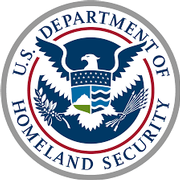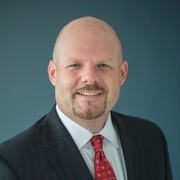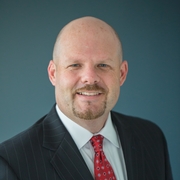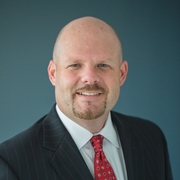
The four-year authorization of the Chemical Facility Anti-Terrorism Standards (CFATS) program is set to expire in January 2019. With less than eight months to go, the Department of Homeland Security (DHS) and the National Protection and Programs Directorate (NPPD) are working with Congress on long-term reauthorization for CFATS while continuing to streamline the program’s processes. For DHS, CFATS reauthorization is a national security and economic imperative.

Last week, NACD staff including myself met with the Federal Aviation Administration’s (FAA) drone and hazardous materials offices. We had a good discussion regarding NACD members’ concerns about drones flying near their facilities and what actions they can take to protect their operations.

People often hear the word ‘chemical’ and think the worst – hazardous, dangerous, toxic. But the reality is much different. New U.S. Environmental Protection Agency (EPA) numbers demonstrate how NACD's environmental, health, safety, and security program helps association member facilities minimize their environmental impact.

While it may seem just like yesterday that we were advocating for Congress to approve a long-term authorization bill for the U.S. Department of Homeland Security’s (DHS) Chemical Facility Anti-Terrorism Standards (CFATS), we are now nine months away from the program expiring. While to many this may seem like plenty of time to secure another long-term bill, for Congress it is hardly any time at all.

According to a 2017 report by Research and Markets, the global e-learning market is set to grow by seven percent to $331 billion by 2025. This growth is driven by demand for distance learning, government programs, increased global reach of the internet and e-learning platforms, and greater investment opportunities around the world. In 2010, the global e-learning market was just $32.1 billion, meaning there’s been a 1,000 percent increase in the e-learning economy in less than a decade!

Earlier this week, we at NACD launched a grassroots alert on our Chemical ReACTions website requesting that our members contact their U.S. Senators urging them to support Generalized System of Preferences (GSP) renewal. Since its implementation in 1976, GSP as a trade program has benefited American companies and workers by cutting tariffs (i.e., taxes) on nearly 5,000 imported products. But it expired Dec. 31, 2017, costing American companies including dozens of NACD members millions of dollars a day while they wait for Congress to renew it.

President Trump’s State of the Union address earlier this week provided an interesting glimpse into his priorities for 2018 and beyond. For the first time in more than 20 years, a sitting president highlighted the importance of infrastructure development as one of the top priorities for his administration this year. Given the economic environment as well as the regulatory climate, what other good things can we expect from this president? His speech on Tuesday gives us an idea.

The 6th cycle of Responsible Distribution is well underway with the first year of its three-year cycle. We kicked off the cycle in 2017 with the launch of a new online dashboard tool, a renewed sense of continuous improvement, and dedication to improved resources.

The beginning of a new year brings time for reflection on goals accomplished in the last twelve months and challenges ahead that we need to tackle. As we enter President Trump’ s second year in office, not to mention a midterm election year, we need to be laser-focused on the key policy issues most impacting chemical distributors.

Closing out 2017, we find ourselves on the precipice of witnessing Congress pass the biggest tax overhaul since 1986. The last tax reform was three decades ago, and Congress has struggled on thorny tax debates ever since. We can all agree (Democrats, Republicans, or others) that the overly complicated and burdensome U.S. tax code is due for a major update.